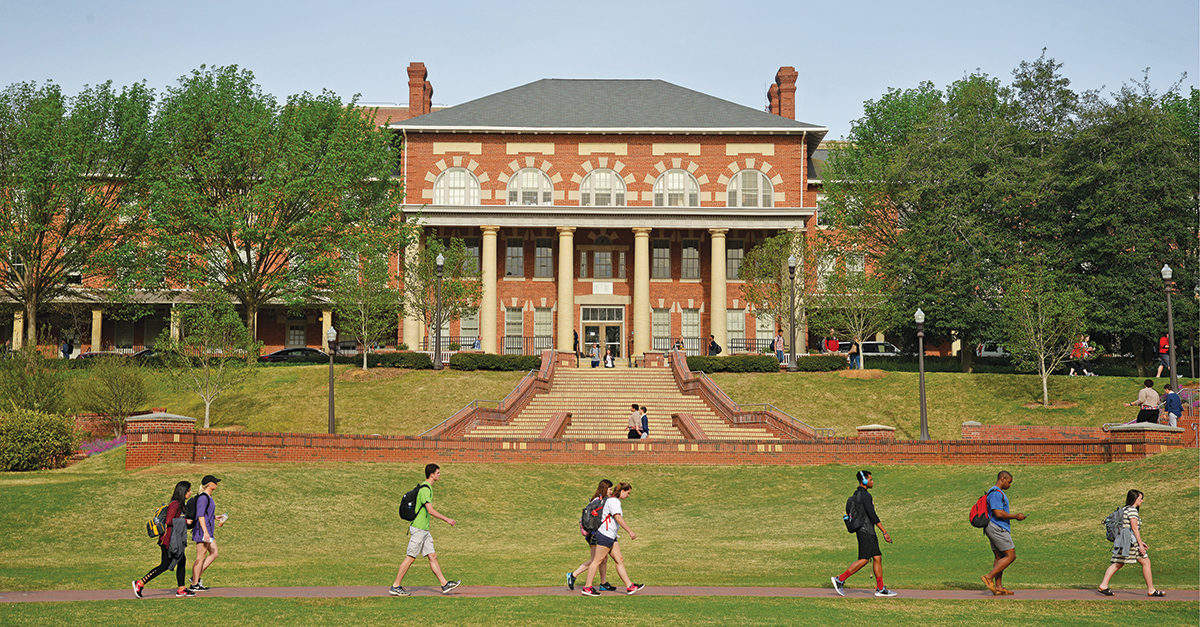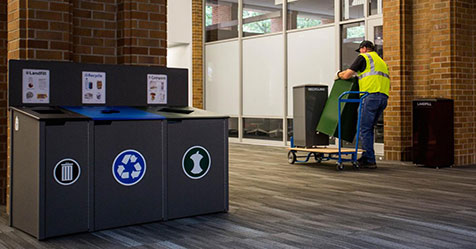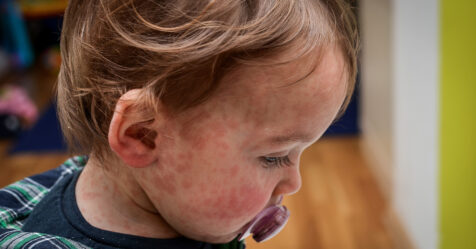North Carolina State University (NC State) in Raleigh, NC, has a special composting program for the most iconic college waste item—empty pizza boxes.
The pizza box composting project began in 2014 with boxes going to composting facilities in two pilot locations. “In the program’s first four years, we estimate 70,000 pizza boxes were composted,” said Carla Davis, communications coordinator with the university’s sustainability office. “Now the program has expanded to nine locations that also accept paper towels and other compostables collected by students in residence halls.”
Coming Full Circle
The university’s goal is to divert 70 percent of landfill waste by 2022, a goal which will be made easier when a composting facility opens on site later this year, Davis said. This will create a complete composting loop at the university, with food products created, consumed, and composted on site.
“We have the most local food source possible—a campus farm that grows organic produce that goes to our dining hall,” Hall said. “We also have a rooftop garden on top of the student union building that grows herbs and other pollinator plants. And we incorporate edible landscaping on campus. Instead of putting in bushes and trees, we plant fruit- and herb-producing trees and plants—strawberries, for example.”
Kicking Off with Cleaning Practices
The university’s sustainability commitment has been a decade in the making and started with streamlining the amount of chemicals it uses for cleaning, according to Taft Waldon, assistant director with housekeeping at the university. Housekeeping staff has been using ionized water for general cleaning purposes. “We’ve had great success using it to clean glass, mirrors, stainless steel, and carpet spots,” Waldon said. “It has disinfecting properties, it’s not harmful to the environment, and it’s been great for mopping floors too.”
NC State’s housekeeping department recently earned the Green Seal certification for innovative, sustainable, and responsible cleaning practices. NC State is the first Green Seal certified university in the state and the sixth in the nation. “Student bodies tend to be environmentally conscious and socially active. They push their universities to do as much as they possibly can regarding sustainability” said Doug Gatlin, CEO of Green Seal, Inc., a nonprofit environmental standard development and certification organization. “And I believe many universities, being large and well-managed, have created a culture in which they continuously strive to improve their sustainability.”
Waldon said one of the biggest challenges housekeeping staff faced when trying to improve their sustainable cleaning practices was the initial investment in new equipment and supplies. “Our labor force was reduced during the recession. From then on, we had to be careful with our funding when buying cutting-edge equipment and supplies,” Waldon said.
Staff members learned a costly lesson when they ordered multiple ionized water units thinking the investment would pay off, but the units malfunctioned and the company they purchased the units from went out of business. “We learned the questions to ask vendors when they came to us with the latest and greatest tools,” Waldon said.
Tip: Take Baby Steps
Davis recommends that universities looking to start their own journey toward zero waste start small, so they experience successes that motivate them to expand instead of frustration from trying to do too much too soon. For example, NC State’s Grounds Department started its sustainability efforts with a pilot program that used chemical-free fertilizers for weed control and electric lawn equipment instead of gas-powered.
“Find quick wins and try a lot of pilot programs,” Davis said. “You can use the data and takeaways from these projects to see if you can expand the programs.”




